Treasurer Jim Chalmers versus Reserve Bank on inflation
Jim Chalmers has dismissed the significance of the RBA releasing more pessimistic inflation forecasts, saying this was not the time for ‘scorched earth austerity’ in the budget.
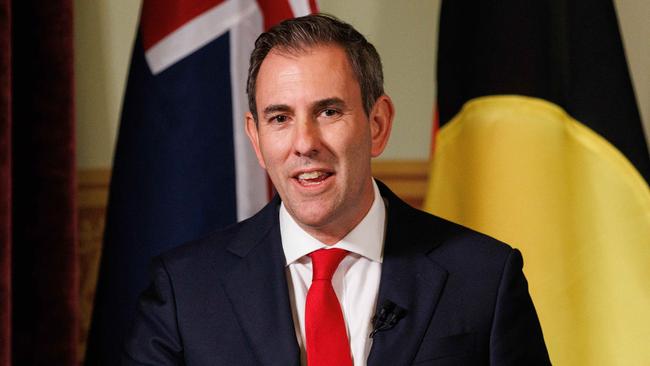
Jim Chalmers has dismissed the significance of the Reserve Bank releasing more pessimistic inflation forecasts after a crucial board meeting on Tuesday, saying the central bank’s updated outlook would not reflect policies in the budget and warned that this was not the time for “scorched earth austerity”.
Ahead of the RBA’s latest interest rate decision and updated outlook, economists said it appeared the Treasurer was trying to pre-empt an expected warning from the central bank that the nation had taken a backward step in its battle to regain control of cost-of-living pressures.
With the Treasurer set to increase spending in the budget, Westpac chief executive Peter King told The Australian the economy was proving “very resilient” and the Albanese government had “to be careful about what they invest in so that they don’t generate demand”.
While RBA governor Michele Bullock and her predecessor, Philip Lowe, have attempted to plot a path to lower inflation while preserving as many of the post-Covid employment gains as possible, Mr King said unemployment would need to rise from 3.8 per cent to “the mid-4s” before the RBA could start cutting rates.
“We haven’t seen any major change in unemployment. At the macro level, the economy is actually very resilient but at the tail, those people that are doing it tough are really doing it tough, and they’re mainly young and lower income earners,” he said.
As analysts brace for a more “hawkish” tone from Ms Bullock that will point to dwindling hopes for mortgage relief and even rising danger of another rate hike, Dr Chalmers said Treasury’s inflation forecasts would be “tweaked” to take into account the latest economic data, but this was not the time for a “slash and burn” budget. “Our inflation forecast in the budget next week will take into consideration the most recent data,” he said.
“Certainly the inflation forecasts and the budget will take into consideration the cost-of-living relief that we’re providing, and the investments that we are making.
“And that will be the key difference, frankly, between the Reserve Bank’s forecast this week and our forecast next week.
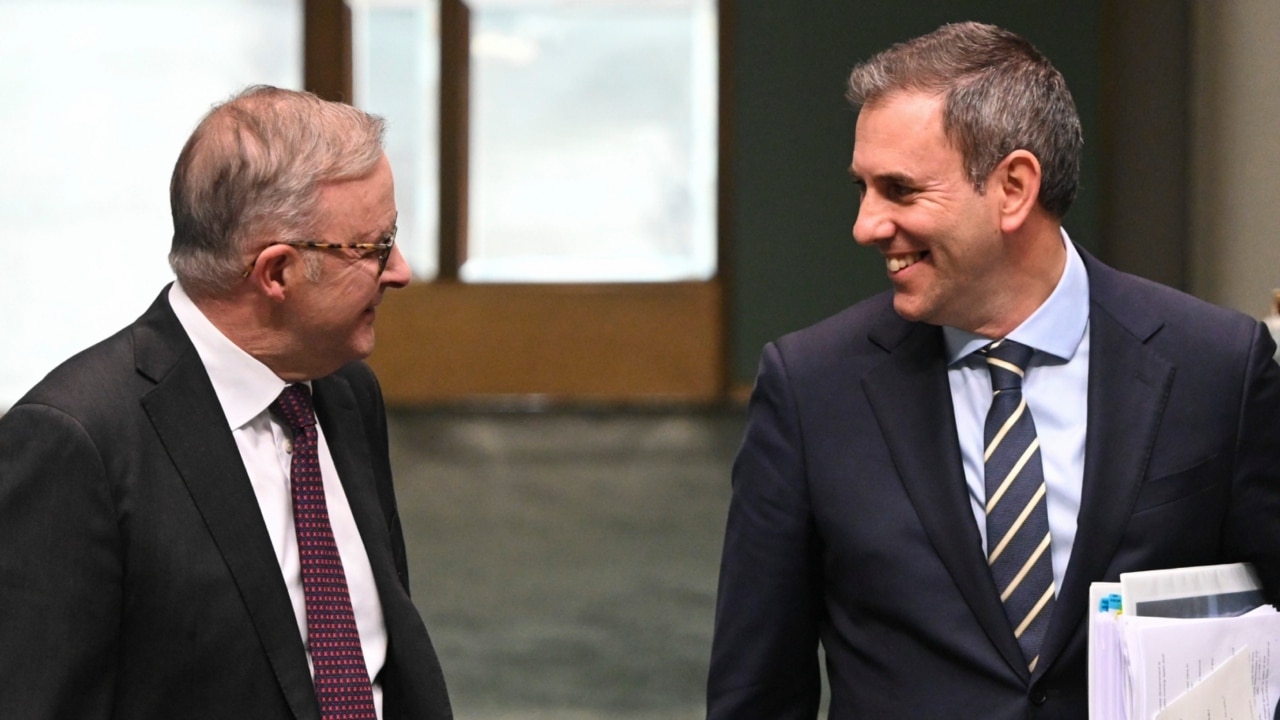
“Ours will take into consideration the budget, the Reserve Bank’s is unable to do that yet.”
As opposition Treasury spokesman Angus Taylor accused Dr Chalmers of “jawboning the independent RBA”, economist Chris Richardson agreed that it sounded as if Dr Chalmers was attempting to get ahead of potentially bad news contained in the RBA’s fresh set of economic forecasts.
“But it isn’t clear to me that continuing subsidies, for example, is a reason to expect lower inflation … They are not adding to supply, but they are adding to demand,” Mr Richardson said.
After the International Monetary Fund and the OECD warned of sticky inflation and the need for governments around the world to do more to repair their fiscal firepower, Dr Chalmers defended the switch to a growth agenda in coming years and the spending associated with the Future Made in Australia policy.
“There is nothing in our investments which should trouble the RBA or others who watch these things closely,” he said.
“We’re about a new growth model for the economy over the medium term and the longer term. That takes some public investment, but primarily it’s about attracting private investment.”
Mr Taylor said “the reality is, the RBA has been forced to slam on the brakes because the Albanese Labor government has its foot on the accelerator”.
“The best way to control inflation is to rein in government spending and boost productivity. But this is a government that thinks it can tax and spend its way out of inflation,” he said.
In response to those fearing that Labor’s spending priorities were pouring too much money into an economy still struggling with an inflation problem, Dr Chalmers said ”this is not the time for scorched earth austerity”.
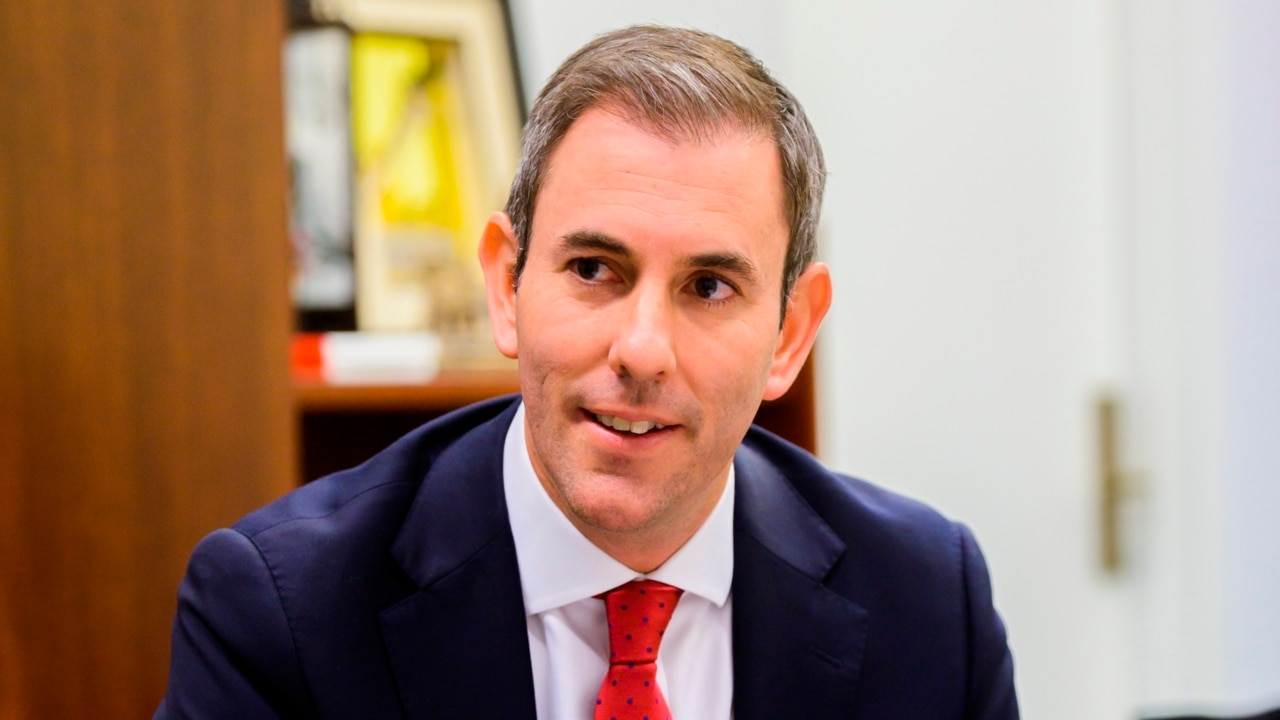
“It would not be wise when people are doing it tough, and when the economy is soft, for us to slash and burn in this budget. This budget will take a responsible, sensible and balanced approach. The primary focus in the budget is on inflation in the near term, and then growth in the medium term.
“It will be an inflation-fighting, and a future-made budget. Some extra spending is unavoidable. Some of it is automatic. Some of it is desirable. All of it is warranted.”
Financial markets have radically reassessed the outlook for interest rates, and now price in a chance of a rate hike this year, and no cut until after a potential federal election next May.
Treasury in December predicted inflation would drop to 2.75 per cent by mid-2025, substantially lower than the 3.1 per cent forecast in the RBA’s February outlook.
Consumer price figures released just under two weeks ago, however, revealed that while the annual rate of inflation had slowed again to 3.6 per cent in March, from 4.1 per cent in December, increases in the cost of rents, insurance, education and health in early 2024 showed price pressures were proving more persistent than feared.
CBA head of Australian economics Gareth Aird said “reading between the lines … the implication (from Dr Chalmers comments) is that the government will be putting out a set of forecasts that are a bit lower than the RBA’s in the budget next week”.
“It does sound like whatever is going to be in the budget to help households from cost-of-living pressures will mechanically lower the inflation rate,” Mr Aird said.
The Treasurer on Monday flagged that a surplus in 2023-24 remained within reach, but the budget position in future years had deteriorated since the December mid-year update.
Despite forecasting wider deficits over the forward estimates, Labor’s third budget will project slightly lower debt as a share of the economy from this year out to 2028, versus the mid-year economic and fiscal outlook.
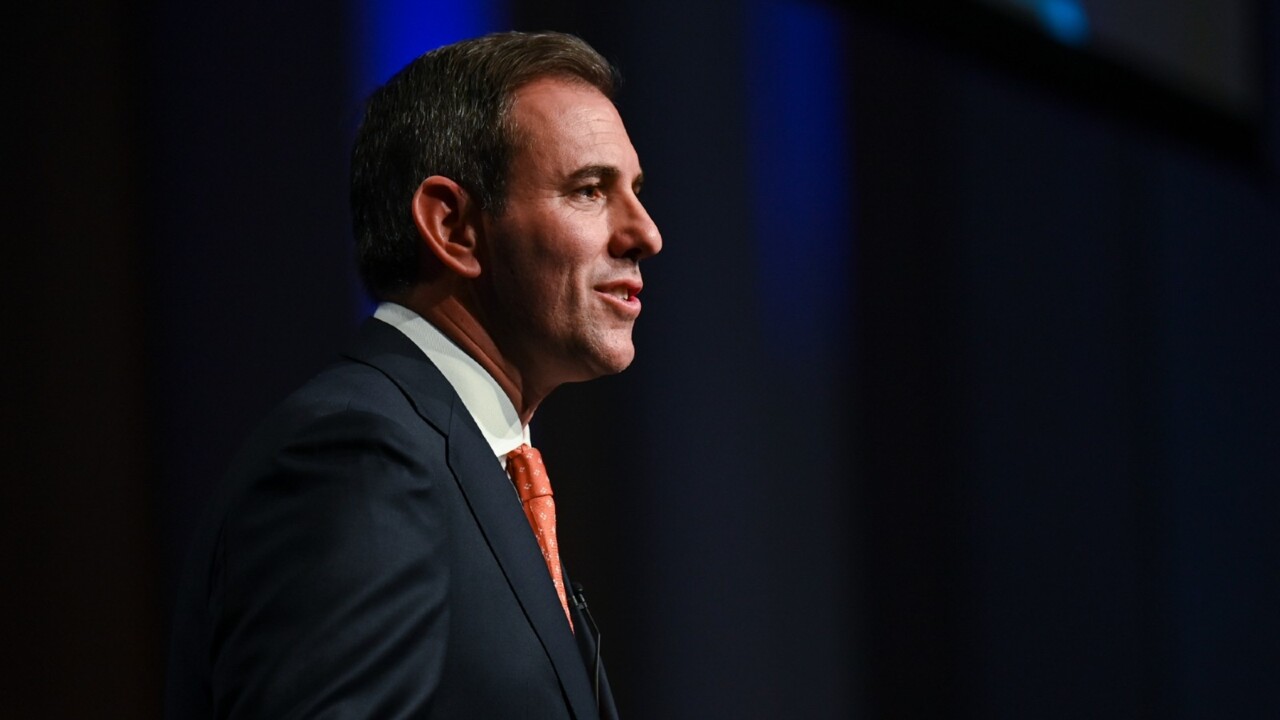
The May 14 budget will show gross debt will be $904bn by June 30, or $5bn lower than projected in MYEFO. As a proportion of GDP, gross borrowings will be 33.7 per cent rather than 34 per cent, according to Treasury estimates.
Gross debt as a share of GDP is now expected to peak at 35.2 per cent of GDP in 2026-27, versus the MYEFO forecasts of a peak at 35.4 per cent in 2027-28.
Judo Bank adviser Warren Hogan said nobody was talking about the need for “scorched earth austerity” in the upcoming budget, arguing the issue was whether the government was able to show restraint. “I think the fact the Treasurer is getting on the front foot and trying to shape expectations highlights we are going to see quite a lot of new spending in this budget,” he said.
A new study from the ANU’s Centre for Social Policy Research has revealed that households are more financially stressed now than they were during the peak of pandemic lockdowns.
ANU professor Nicholas Biddle said this distress was leading to a decline in trust in the government. “In January 2024, we estimate that 34.2 per cent of Australians were finding it difficult or very difficult on their current income,“ he said.
“This is the highest rate we have observed since February 2020, and well above the average over the preceding four years.
“Perhaps unsurprisingly given this financial strain, there’s also been a drop in satisfaction with the direction of the country. It was down to around 62 per cent, a drop of almost 10 per cent from January 2023 and not much above the low observed during the Black Summer bushfires.”



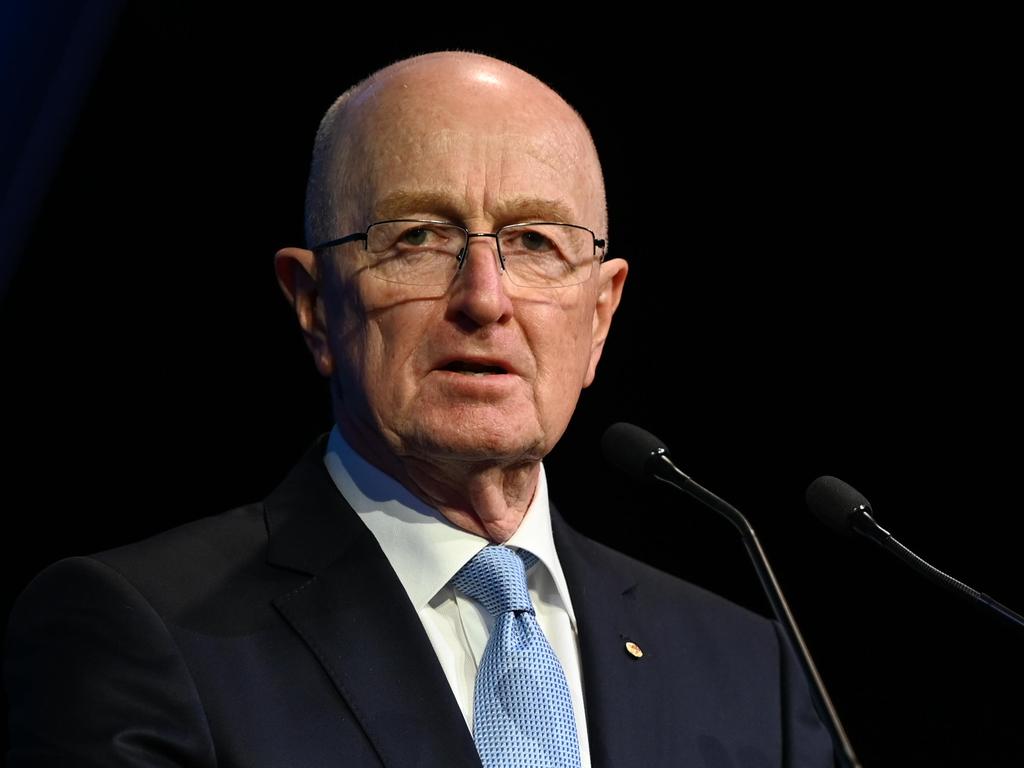
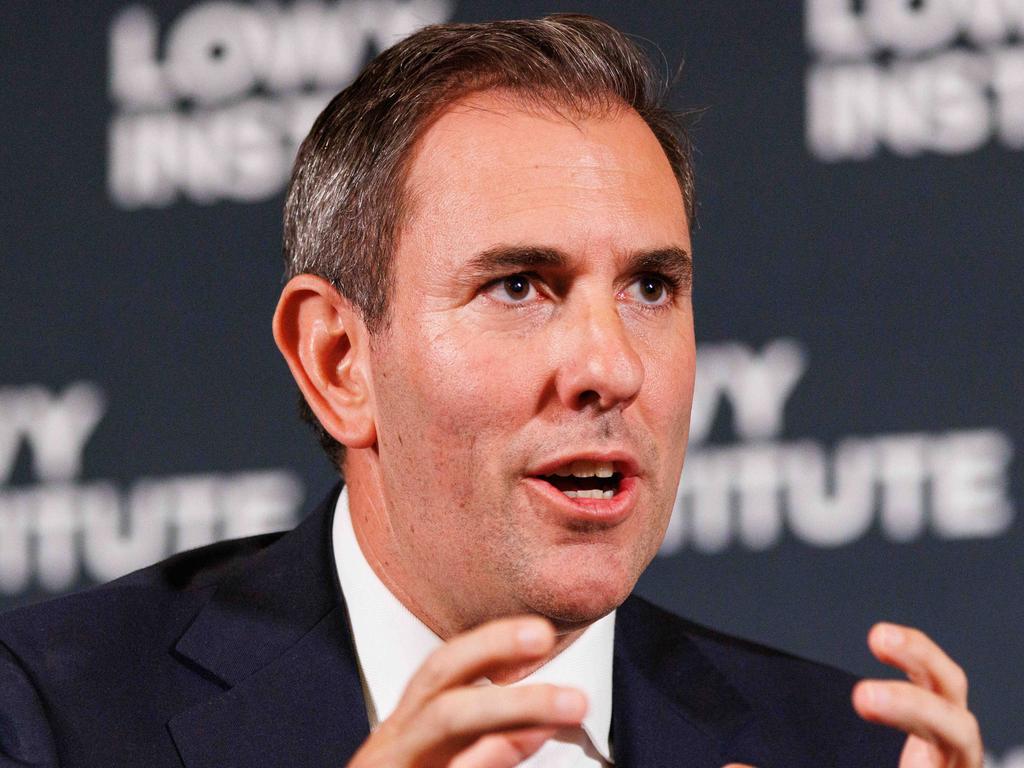


To join the conversation, please log in. Don't have an account? Register
Join the conversation, you are commenting as Logout